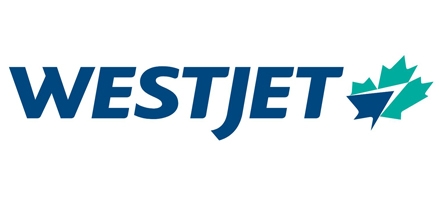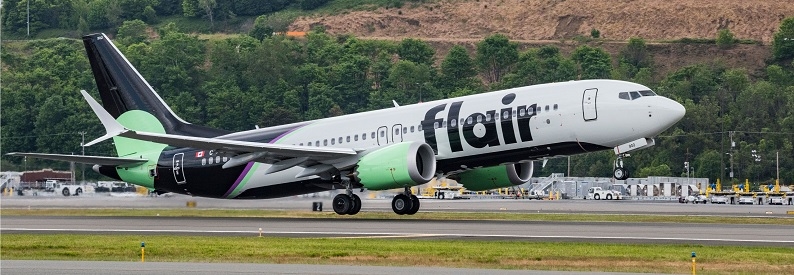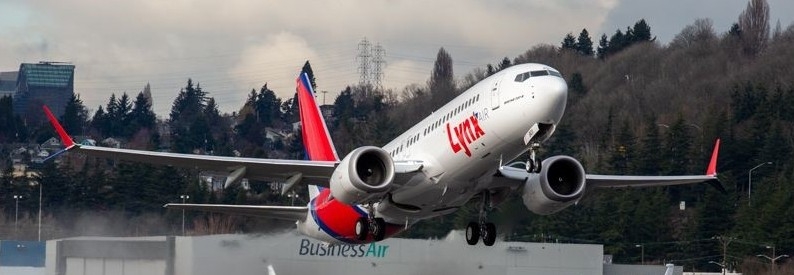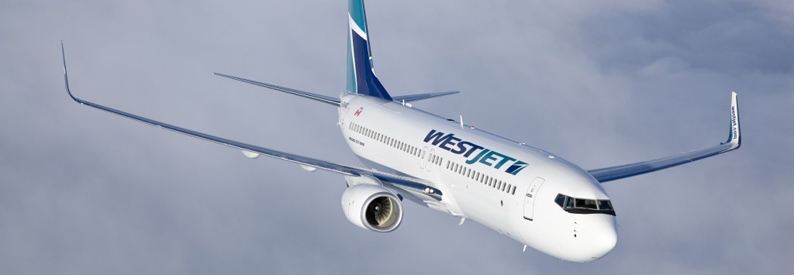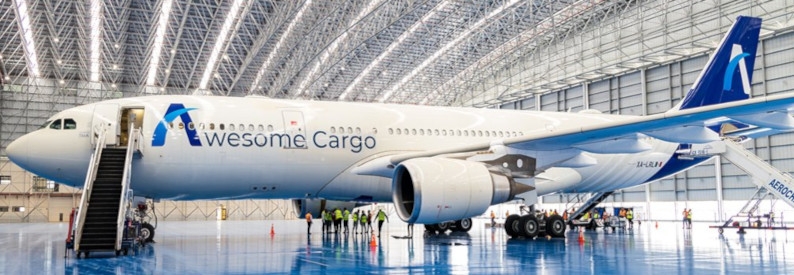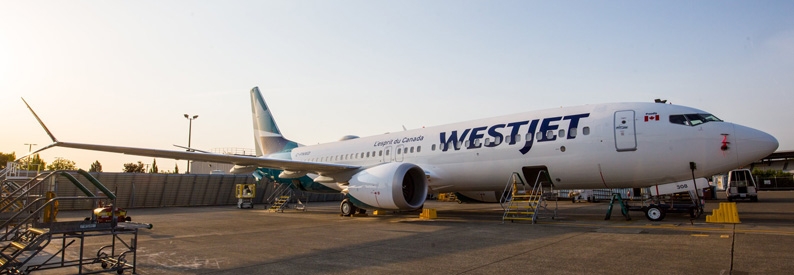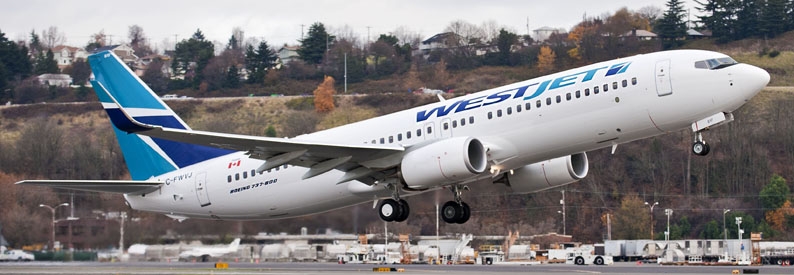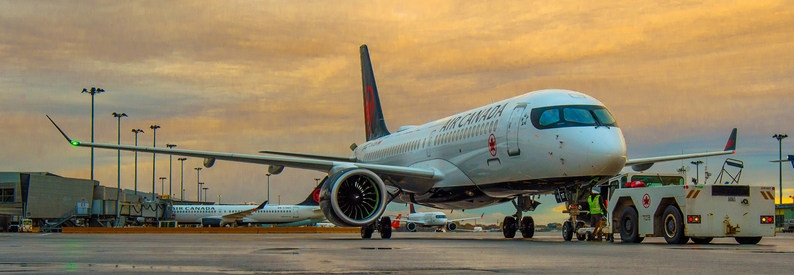WestJet (WS, Calgary) has signed an agreement with Boeing (BOE, Washington National) for the deferral of four B737-8s, originally scheduled to have delivered in 2019, given weakening demand in the Canadian market.
The carrier said in its 3Q18 financial filings that of the quartet, two would arrive in 2020 followed by the other two in 2021. As it stands, WestJet will now take delivery of four MAX 8s in 2019, followed by two more in 2020, and four in 2021 (at which time its first B737-7 is due to arrive).
Chief Financial Officer Harry Taylor said in a follow-up earnings call that the move was based on WestJet's assessment of both the economic and competitive environment for next year. As such, given overcapacity in the domestic market, coupled with weakening yields, WestJet had taken the decision to curb its capacity growth going forward.
"Obviously, this year has not turned out the way we expected or wanted it to and we wanted to be proactive to support unit revenues and margin expansion and reduce our capacity growth to much lower levels in order to improve unit revenues and margins," he said. "We believe that what we've done is responsible [as] it returns us to the path of margin expansion because we've had a couple of years where margin has declined and we need to turn that performance around. So we're obviously going back to our partner in Boeing and negotiating the deferrals is not an easy task, not something that we wanted to do, but it's important in order to drive improving margins and improving returns in the business."
CEO Ed Sims added that even with climbing oil prices, Westjet's relatively young fleet (averaging 8.2 years) gave no reason for concern about fuel efficiency.
Westjet said the deferrals had helped reduce full-year capital expenditures for 2018 from the originally anticipated CAD800 to CAD820 million Canadian dollars (USD610-625 million), to between CAD640 and CAD660 million (USD488-503 million).
As such, with the four MAX 8s being deferred and in order to maintain capacity, WestJet executed lease extensions on four aircraft whose contracts were scheduled to expire in 2019; two B737-700s for additional terms ranging from four to 11 years, and two B737-800s for additional terms of five and seven years each.
WestJet currently operates thirteen B737-600s, fifty-four -700s, forty-three -800s, and eight B737 MAX 8s. It also operates four B767-300(ER)s which will be replaced by its first three B787-9s, due to deliver during the first quarter of 2019.
